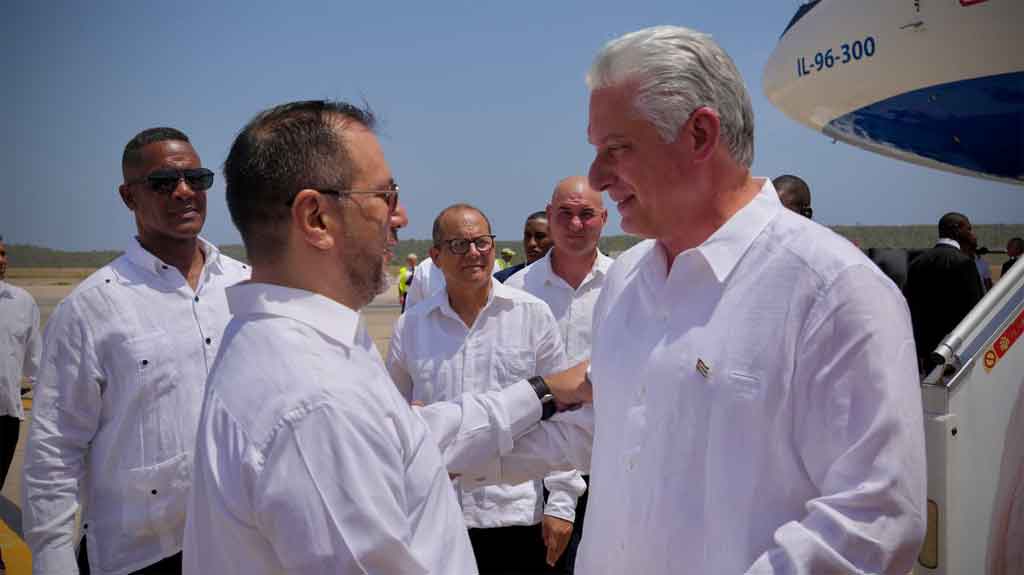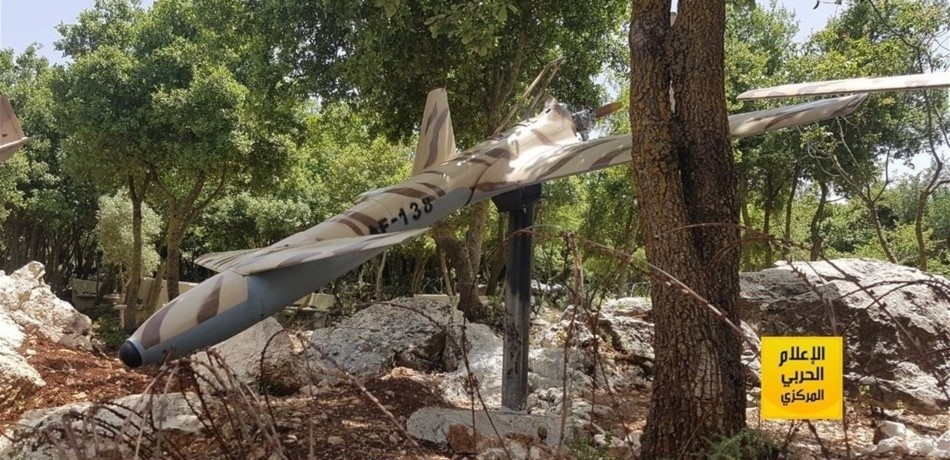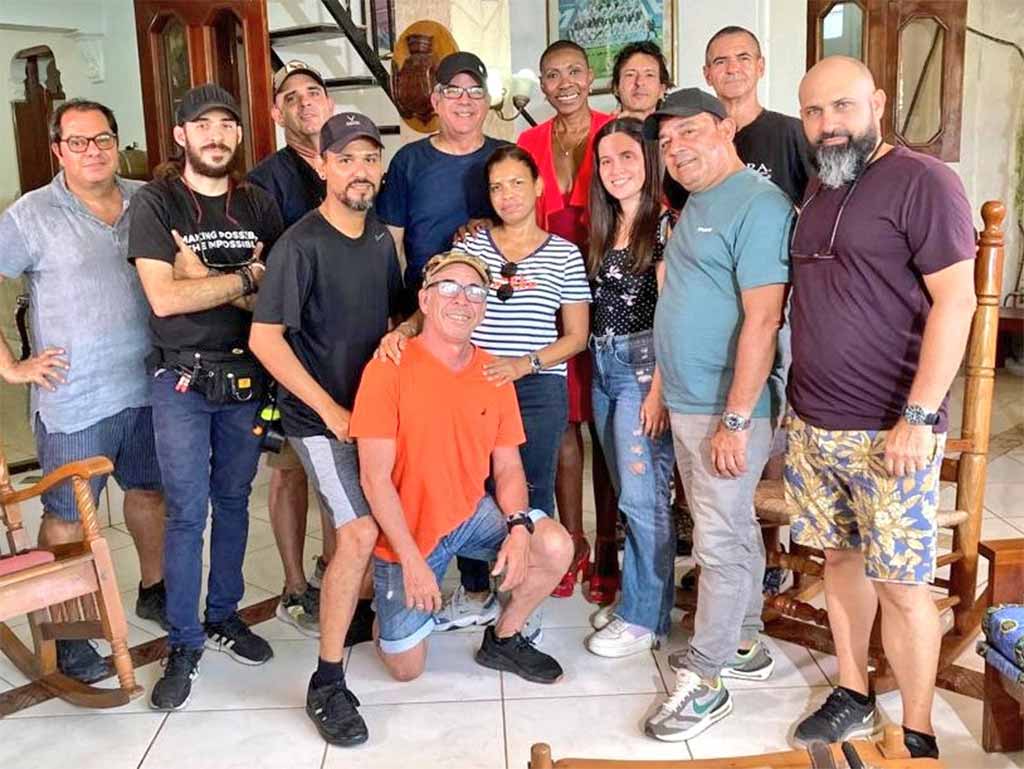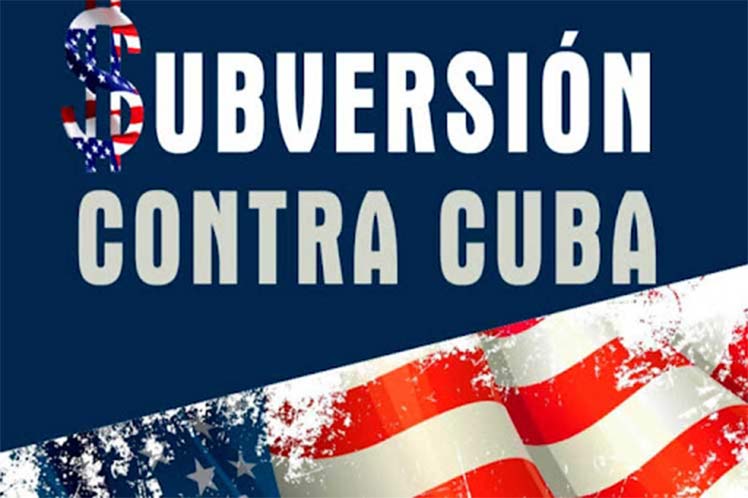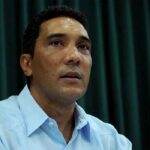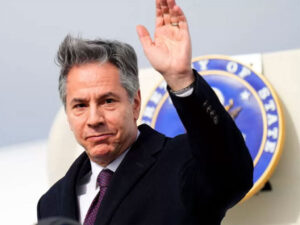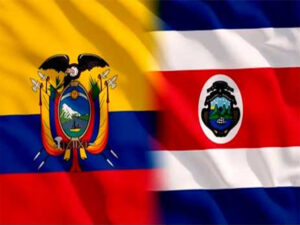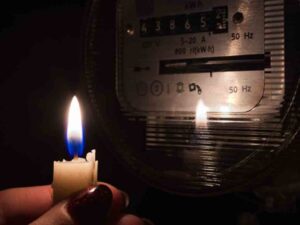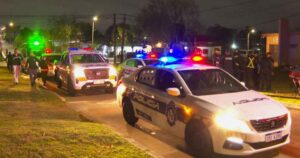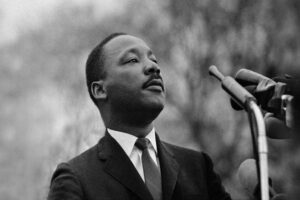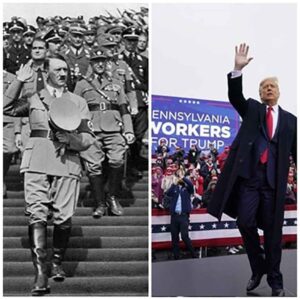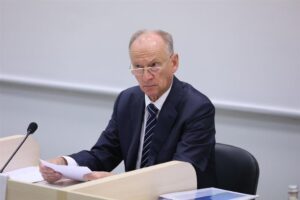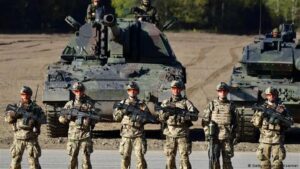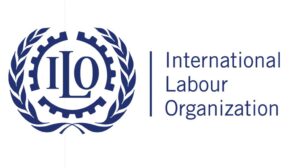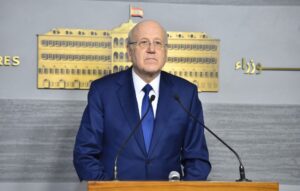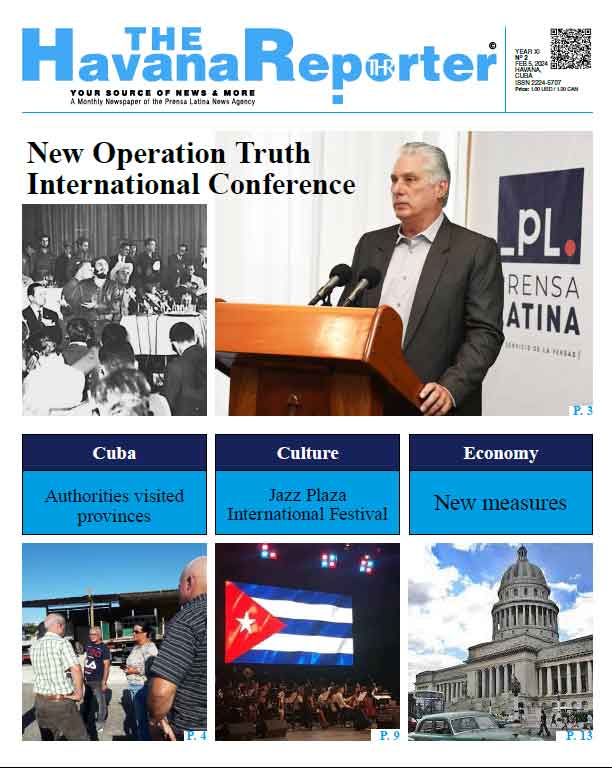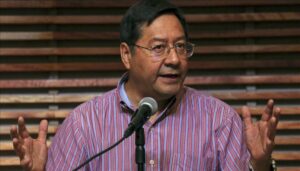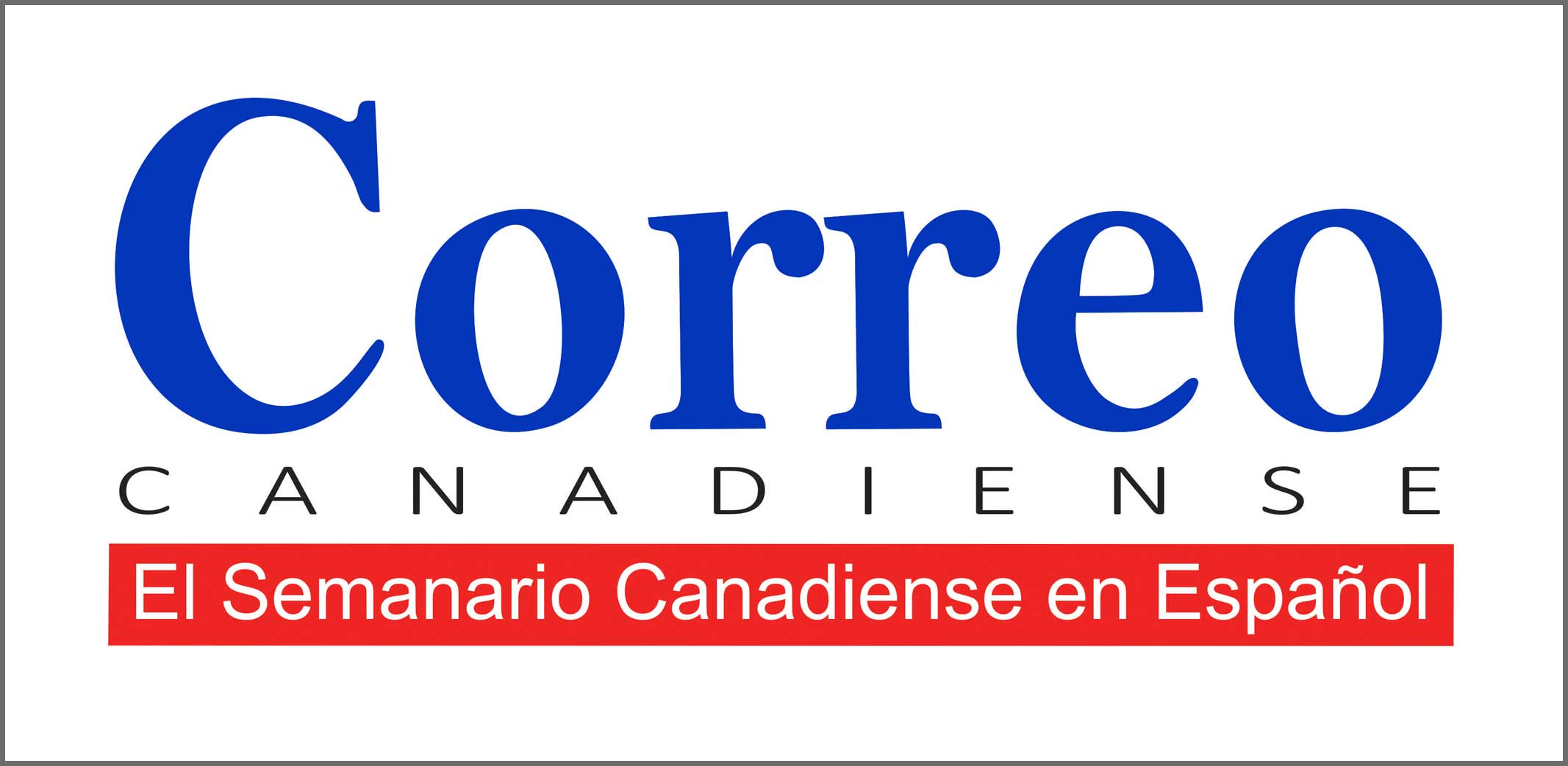THE WORLD
Spotlight
- Published on: April 25, 2024
- 08:01
La Paz, Apr 25 (Prensa Latina) The president of Bolivia, Luis Arce, proposed forming an International Brigade to Support Palestine and invite it to join ALBA-TCP as a full member, during his speech at the Summit of Heads of State and Government of the Bolivarian Alliance of the Peoples of Our America-People's Trade Treaty (ALBA-TCP).
- Published on: April 24, 2024
- 15:48
Caracas, Apr 24 (Prensa Latina) Cuban President Miguel Diaz Canel praised on Wednesday the 23rd ALBA-TCP Summit on the International Day of Multilateralism and Peace Diplomacy, concepts he considered key for the regional integration mechanism.
© 2016-2021 Prensa Latina
Latin American News Agency
Radio – Publications – Videos – News by the minute.
All Rigts Reserved.
St. E No 454 , Vedado, Habana, Cuba.
Phones: (+53) 7 838 3496, (+53) 7 838 3497, (+53) 7 838 3498, (+53) 7 838 3499
Prensa Latina © 2021 .
Web Site developed by IT Division Prensa Latina.









